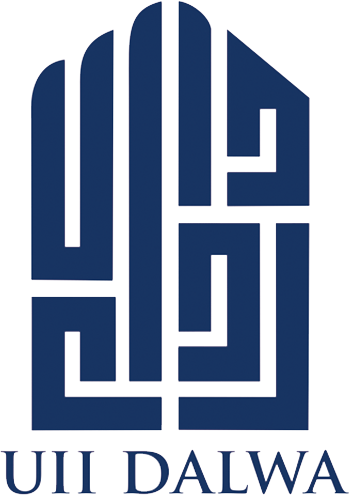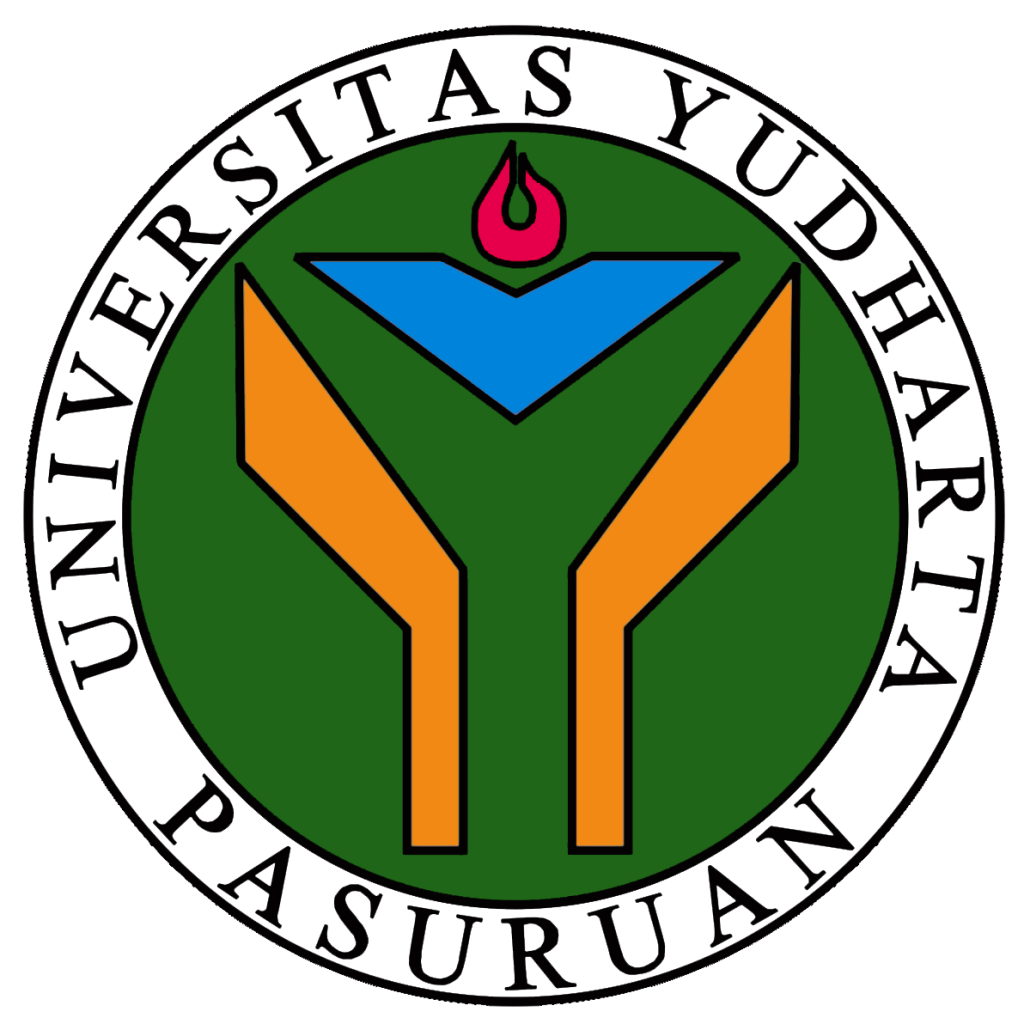The Concept of a Student's Manners Towards a Teacher from the Perspective of Imam An-Nawawi and Sheikh Az-Zarnuji
Keywords:
Manners of Students, Teachers, Imam An-Nawawi, Syeikh Az-ZarnujiAbstract
Adab is a very important thing in life, especially in education. As a result, one of the main goals that the world of education wants to achieve is to produce civilized students. The name Imam An-Nawawi is mentioned in the muqaddimah of the book Al-Majmu' and Sheikh Az-Zarnuji is mentioned in the book Ta'lim Al-Muta'allim, which discusses the manners of a student, known in the Islamic world. Based on this, this research will discuss two issues: 1) Imam An-Nawawi's views on pupil etiquette in the muqaddimah of the book Al-Majmu' and 2) Sheikh Az-Zarnuji's view about pupil etiquette in the book Ta'lim Al-Muta'allim. 3) How do Imam An-Nawawi and Sheikh Az-Zarnuji view the manners of a student? This research uses a qualitative approach, library research type, and uses comparative analysis techniques. This method makes it possible to connect the thoughts of two characters and reach common ground between them while maintaining differences. Imam An-Nawawi is of the opinion that good students must be humble, eliminate distractions that hinder learning, be patient, utilize their time, not be lazy, increase their worship, recite prayers to the Messenger of Allah and pray a lot. They also argue that students should understand their teacher's condition, ask for guidance from their teacher and follow their directions, take care of their teacher's feelings, not sit in the teacher's place, and gain their teacher's approval.
References
Abuddin Nata. “Prespektif Islam Tentang Pola Hubungan Guru Murid, (Jakarta: Raja Grafindo Persada,),” 2001,
Ali Imron, Manajemen Peserta Didik Berbas Sekolah, (Jakarta: Bumi Aksara, 2011),
Al-Imam Ahmad bin ’Ali bin Hajar Al-’Asqallani,. “Fathu Al-Bari Syarh Shahih Bukhari, Juz IX, (Beirut: Dar Al-Kutub Al-’Ilmiyyah, 2011), 297.,
“Badan Pengembangan Dan Pembinaan Bahasa Kementerian Pendidikan Dan Kebudayaan, Kamus Besar Bahasa Indonesia, Cet. III, (Jakarta: Balai Pustaka, 2018),
Baharuddin. Studi Kebijakan Pendidikan Agama Islam. Malang: Media Nusa Creative, 2021.
Bahrudin Achmad. “Sastrawan Arab Modern, (Bogor: Guepedia, 2019),
Fairuzabadi Al-Baha’i,. “Filsafat Pendidikan.” Pemalang: Penerbit NEM, 2017.
Hadari Nawawi, Metode Penelitian Bidang Sosial, (Yogyakarta: Gajah Mada Press, 1993),
“Hurmatu Ahli Al-’Ilm, (Iskandariyah: Dar Al-Iman, 2011),
“Ibnu Qayyim Al-Jauziyah, Madarijus Salikin Baina Manaziili Iyyaka Na’budu Wa Iyyaka Nasta’in, Beirut; Darul I’ikar, 1408, Jilid II,
Imam ‘Alauddin ‘Ali Bin Ibrahim Bin Al-‘Aththar, Tuhfah Ath-Thalibin Fi Tarjamati Al-Imam Muyhiddin, (Amman: Ad-Dar Al-Atsariyah, 2007),
Kementerian Pendidikan Dan Kebudayaan, Undang-Undang RI No. 14 Tahun 2005 Dan Peraturan Menteri Pendidikan Dan Kebudayaan RI Tahun 2014 Tentang Guru Dan Dosen, (Bandung: Citra Umbara, 2012),
Lajnah Pentashih Mushaf Al-Qur’an. “Al-Qur’an Dan Terjemahnya, (Bandung: Sygma Exagrafika, 2019).
“Niswatin Khoiriyah, Manajemen Kurikulum Pendidikan Adab, (Indramayu: Penerbit Adab, 2021).
Sudarto. Filsafat Pendidikan Islam,. Yogyakarta: Deepublish, 2021.
Sugiyono. Metode Penelitian Kuantitatif Kualitatif Dan R&D,. Bandung: Alfabeta, 2014.
Suhartono dan Roidah. “Pendidikan Akhlak Dalam Islam, (Semarang: Pilar Nusantara, 2019).
Syeikh Az-Zarnuji, Ta’lim Al-Muta’allim, terj. Bahrudin Achmad. Ta’limul Muta’allim Panduan Menuntut Ilmu Ala Pesantren, (Bekasi: Al-Muqsith Pustaka, 2018).
Syeikh Muhammad Awwamah. “Adab Al-Ikhtilaf Fi Masail Al-Ilmi Wa Ad-Din, (Madinah: Dar Al-Yusr, 2007).
Zaki Mubarak. “Problematika Pendidikan Kita, (Depok: Gading Pustaka, 2019).
Downloads
Published
Issue
Section
License
Copyright (c) 2024 Vialinda Siswati, Khofifah Khofifah

This work is licensed under a Creative Commons Attribution-ShareAlike 4.0 International License.



